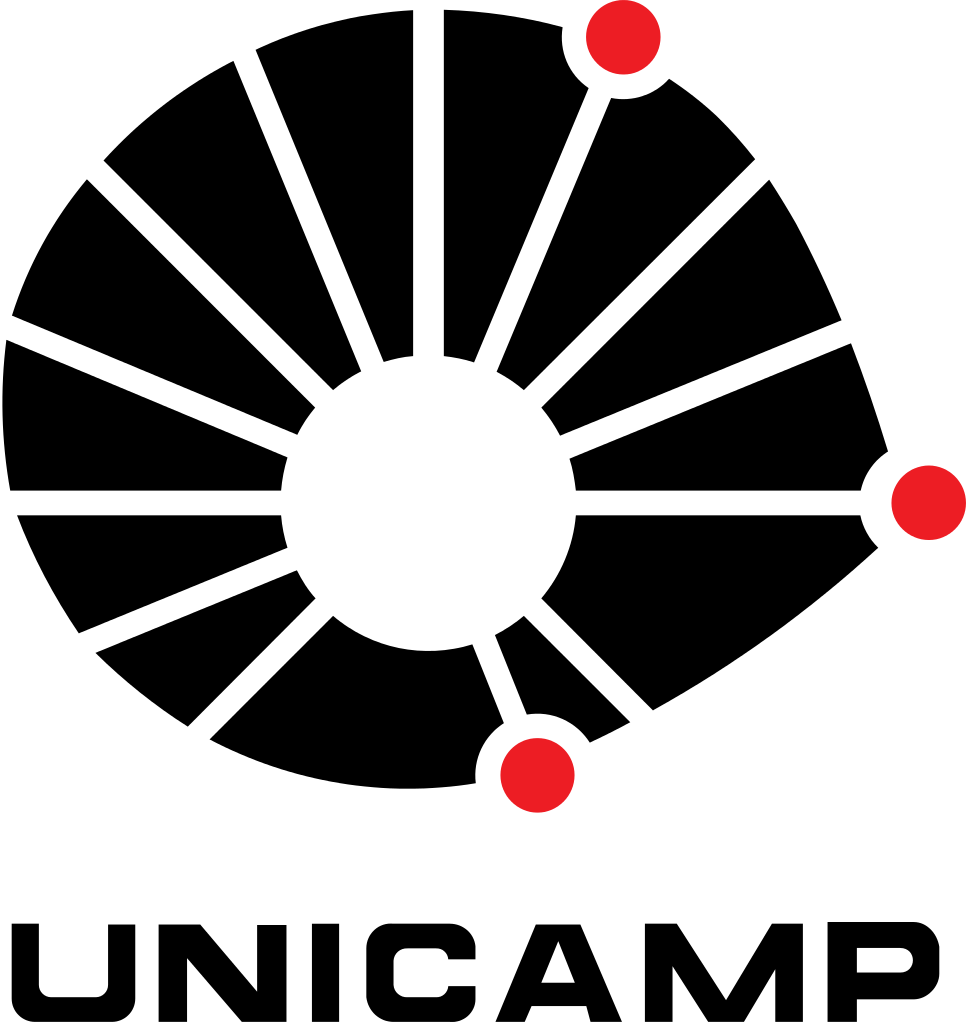The words that we say:
a reflection on the language of the “Capacitação Inclusiva” Project and the artistic-pedagogical practice as a form of invention
DOI:
https://doi.org/10.47965/fermen.16.1.11Keywords:
Keywords: Autism; Border Pedagogy; Theater Pedagogy.Abstract
The article investigates the pedagogical proposal of the “Capacitação Inclusiva” Project, developed at the Associação de Pais e Amigos dos Autistas de Guarujá (APAAG), a city on the south coast of São Paulo, between April 2021 and January 2022. Art in its structure, the Project announced the desire to promote “culture and art in the municipality, creating cultural programs and actions for people with special needs”. (APAAG, 2021, p. 7). It is intended to debate, from the unveiling of the knowledge sorted for circulation in the Project, and in the determination of its language, which views about the autistic learner and about Art constitute “Capacitação Inclusiva”. It is estimated to confront such perspectives with contemporary notions of Art/Education, Disability Studies and Cultural Action, with the objective of understanding how the Project mobilizes itself in the fulfillment of its formative intentions and the expansion of culture. It is also a goal of the article to present an artistic-pedagogical proposal that was built at APAAG, based on the principles of a border pedagogy, in the terms of Henry Giroux, from the understanding of the right to aesthetic learning of autistic people.
Downloads
References
APAAG. (2021). Projeto Capacitação Inclusiva. Guarujá.
Barbosa, A. M. (2010). Arte/Educação contemporânea: consonâncias internacionais. São Paulo: Cortez.
Diniz, D. (2007). O que é deficiência. São Paulo: Editora Brasiliense.
Eisner, E. W. (2004). El arte y la creación de la mente. Barcelona: Paidós.
Giroux, H. (1999). Cruzando as fronteiras do discurso educacional: novas políticas em educação. Porto Alegre: Artes Médicas Sul.
Hall, S. (1997). The centrality of culture: notes on the cultural revolutions of our time. En K Thompson (Ed.), Media and cultural regulation. London: SAGE Publications.
Koudela, I. (2017). Jogos Teatrais. São Paulo: Perspectiva.
Lacerda, L. (2017). Transtorno do Espectro Autista: uma brevíssima introdução. Curitiba: Editora CRV.
Leitão, A. (2021). Autismo e metáforas multimodais: um estudo discursivo crítico e sociointeracional. Tese (Doutorado em Linguística) – Universidade de Brasília: Brasília.
Neira, M. e Nunes, M. (2021). Linguagem e cultura: subsídios para uma reflexão sobre a educação do corpo. Caligrama, Revista eletrônica. 3 (3). https://doi.org/10.11606/issn.1808-0820.cali.2007.66201.
Ortega, F. (2009). Deficiência, autismo e neurodiversidade. Ciência & Saúde Coletiva, 67-77.
Pieczarka, T. (2011). O desenvolvimento do TEA: considerações a partir de Piaget. Tese (Doutorado em Educação). Curitiba: Universidade Federal do Paraná.
Silva, T. (2011). Alienígenas na sala de aula: uma introdução aos estudos culturais na educação. Petrópolis: Editora Vozes.
Viganó, S. (2019). A Ação Cultural e a Defesa da Vida Pública. Rev. Bras. Estud. Presença. Revista eletrônica. 10 (2). http://seer.ufrgs.br/presenca.




